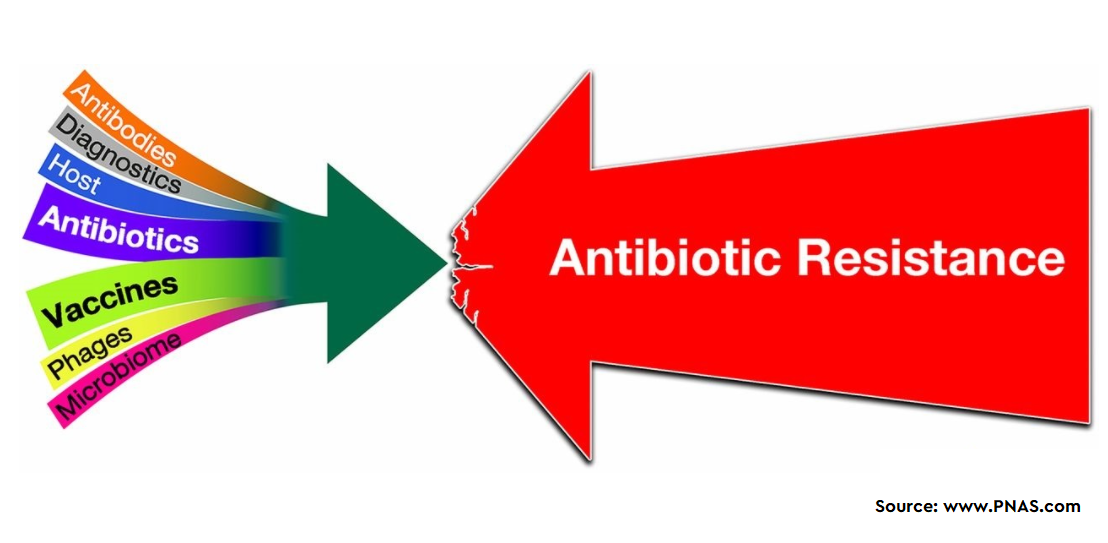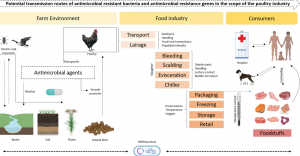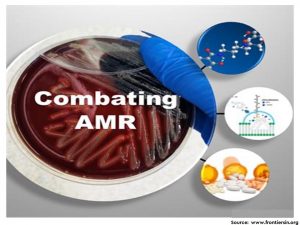The discovery and use of antimicrobials have enabled as lifesaving drugs to many deadly diseases, saving the lives and enhancing the health of many. However, the increasing global drug-resistance is posing a challenge, compromising the capacity to prevent and treat a large variety of infections that were once treatable. The antimicrobial resistance (AMR) can occur naturally but accelerated by overuse and miss use of them in hospital settings, community along with animal husbandry and agricultural sectors. This results in persistent infection and drug insufficiency with a rise in risk of several diseases. AMR is an endemic problem in both developing and high-income countries.
As resistance increases, multiple effective therapies and preventive strategies are required. In this regard, the review entitled ‘the role of vaccines in combatting antimicrobial resistance’ by Micoli et al. discusses about the evidence that how the vaccines play a major role in fighting AMR and vaccines under development. Vaccines can reduce the number of individuals getting infected with diseases, thus decrease in antibiotic usage, subsequent emergence and spread of AMR. Vaccines have an unrivalled impact on human health, can be used on long term basis with much lower probability of resistance emergence when compared with antibiotics.
To know the growing pain in development of vaccines and future implications that target AMR, please visit the website of Nature Reviews Microbiology (Link)







